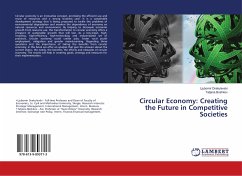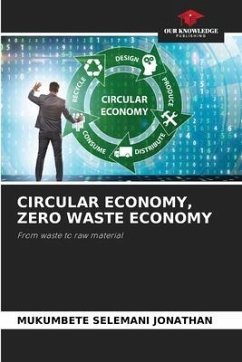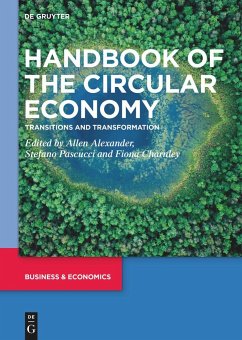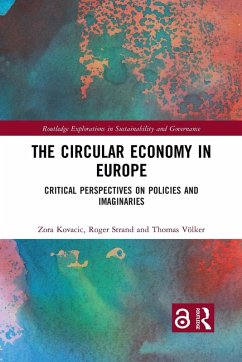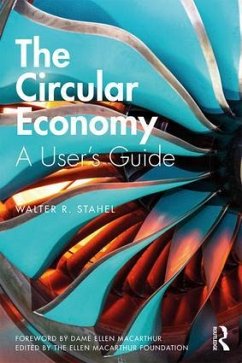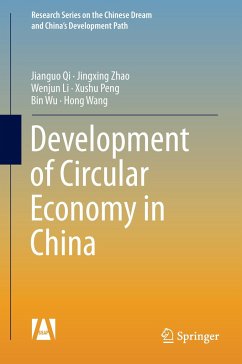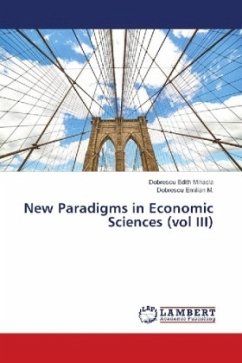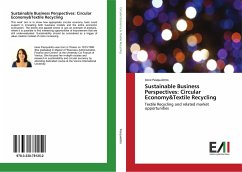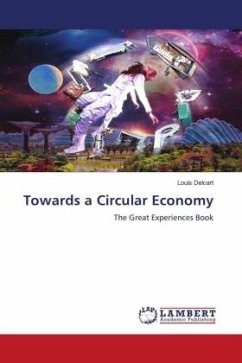
Towards a Circular Economy
The Great Experiences Book
Versandkostenfrei!
Versandfertig in 6-10 Tagen
32,99 €
inkl. MwSt.

PAYBACK Punkte
16 °P sammeln!
This book describes the phenomena that are taking place in order to introduce the principles of the circular economy among citizens and companies. And also describes the steps that companies are already taking in order to introduce these in their working environment. And governments are resolutely taking the road to convince (compel) their companies and their citizens to produce and sell differently.It offers a state of affairs at the beginning of 2022 with numerous inspiring examples. The evolution from linear to circular economy has just been going on for ten years. However, the corona pande...
This book describes the phenomena that are taking place in order to introduce the principles of the circular economy among citizens and companies. And also describes the steps that companies are already taking in order to introduce these in their working environment. And governments are resolutely taking the road to convince (compel) their companies and their citizens to produce and sell differently.It offers a state of affairs at the beginning of 2022 with numerous inspiring examples. The evolution from linear to circular economy has just been going on for ten years. However, the corona pandemic has accelerated the evolution in many countries. Circularity is also driven by the young generation, that is taking the lead in lots of start-ups in that perspective. The book also argues not to consider the circular economy as a standstill or decline. On the contrary: all studies point to the job creation that will be much needed because of the progress of digitalization. A circular economy, with materials that are already present and therefore no longer have to be imported and with products that will be repaired, will also make employment nearby again attractive.



